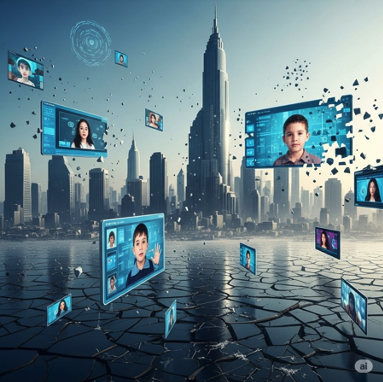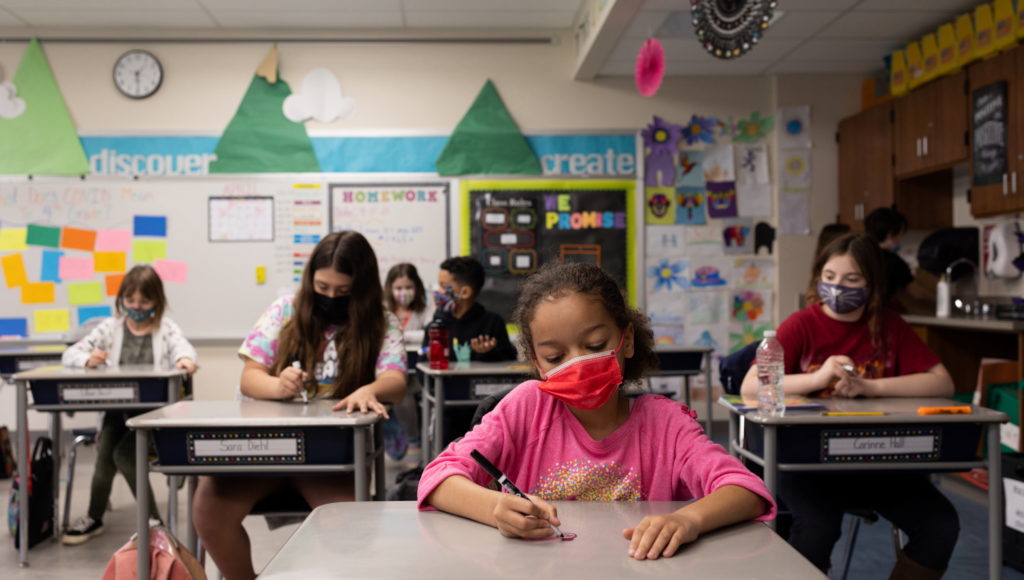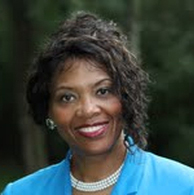General News
Disconnected: How Closing the Department of Education Could Impact K-12 Distance Learning
Learning From the Resiliency of HBCUs Through the COVID-19 Pandemic
According to Pew Research, 34 percent of Black Americans don’t have high-speed internet and 42 percent don’t have personal computers. This obviously makes it very difficult for students and faculty at Historically Black Colleges and Universities (HBCUs) to be successful as they transition to remote learning. In addition, many HBCUs are experiencing a decrease in enrollment…
Read MoreCovid 19 Pandemic and Distance Learning Today
Raise your hand if a year ago you thought you’d be in the situation you are today. Many people (including me way back in 2014) warned businesses that a pandemic may be coming and that they had better get their remote collaboration operations ready, but no one really imagined the extent – and length –…
Read MoreTuned Up with the USDLA 2019 National Conference Sponsors & Exhibitors!
This year’s USDLA National Conference is one to remember. After a successful time in Indianapolis, the USDLA Board decided to change the e venue to Nashville in order to keep it fresh for our attendees while still maintaining the quality exhibitors and sponsors they have come to expect. This year was no exception! …
Read MoreWhat will the future of learning look like? I bet Robbie knows!
USDLA and Me:
Joining has been one of the best decisions of my entrepreneurial career When I first came up with the idea in the fall of 2017 to create ww.InkandescentLearning.com — a high-quality K-12 distance learning clearinghouse that connects master teachers with homeschool and public / private school families — I went searching for guidance. As a journalist,…
Read MoreUSDLA 2019 Keynote: Jonathan Linkous
Blog written by Janet MajorUSDLA Board Member, President Elect Associate Director Facilities Arizona Telemedicine Program Arizona Health Sciences Center Tucson, AZ Many of you know him as the man who helped build and served as the founding CEO for the American Telemedicine Association for over 20 years. Or the man who is the CEO of…
Read MoreDL Networking Harmony in Nashville: Join us for the 2019 USDLA National Conference
Blog Written by Pat Cassella, President, U.S. Distance Learning Association This will be the 32nd year of the United States Distance Learning Association and our first conference ever in Music City. Much like Digital and Distance Learning has been the fabric of our Association, music has long been the common thread in Nashville, connecting people…
Read MoreBlackboard’s Accessibility Solution Ally receives Innovation Award from USDLA
Blog written by: Randy McDonald USDLA Board Member Each year the United States Distance Learning Association (USDLA) recognizes the preeminent distance learning practitioners from around the world. The annual awards program not only salutes some often unsung but hardworking professionals but also showcases the “best of the best” so that others may…
Read MoreMeasuring the true benefit of classroom technology might be getting a bit easier
Measuring the true benefit of classroom technology might be getting a bit easier by Pat Cassella, USDLA President When it comes to measuring the effectiveness of technology in the classroom how does one measure success? Having spent the better part of the past 20 years empowering students and teachers with the latest visual communication tools…
Read More



